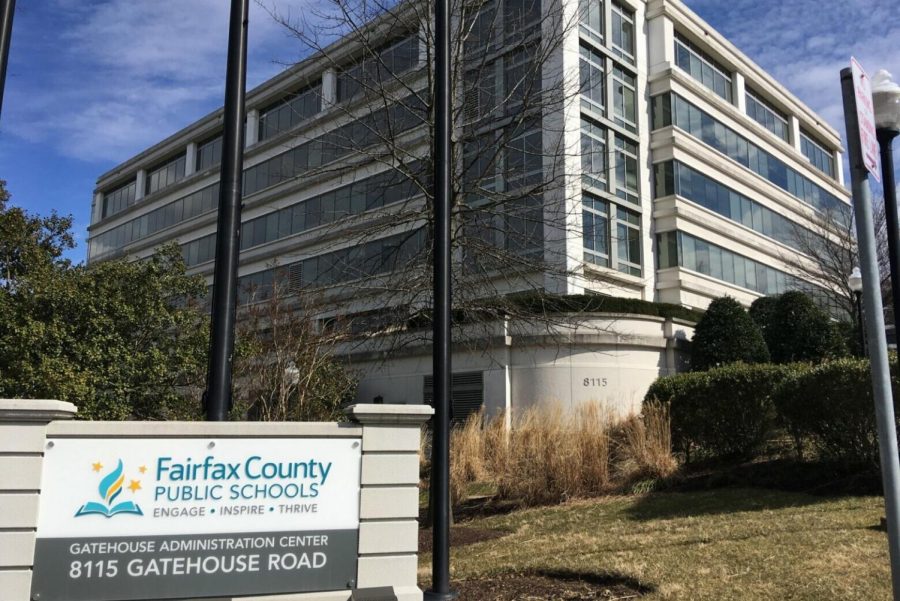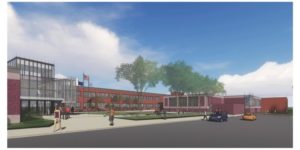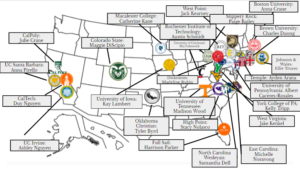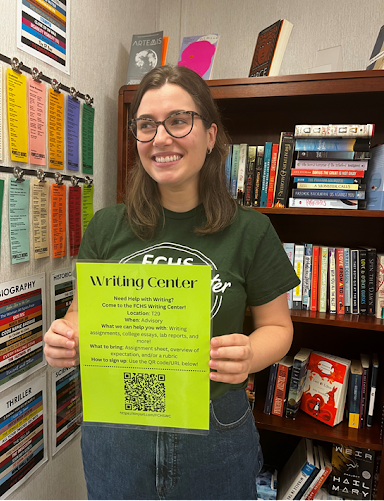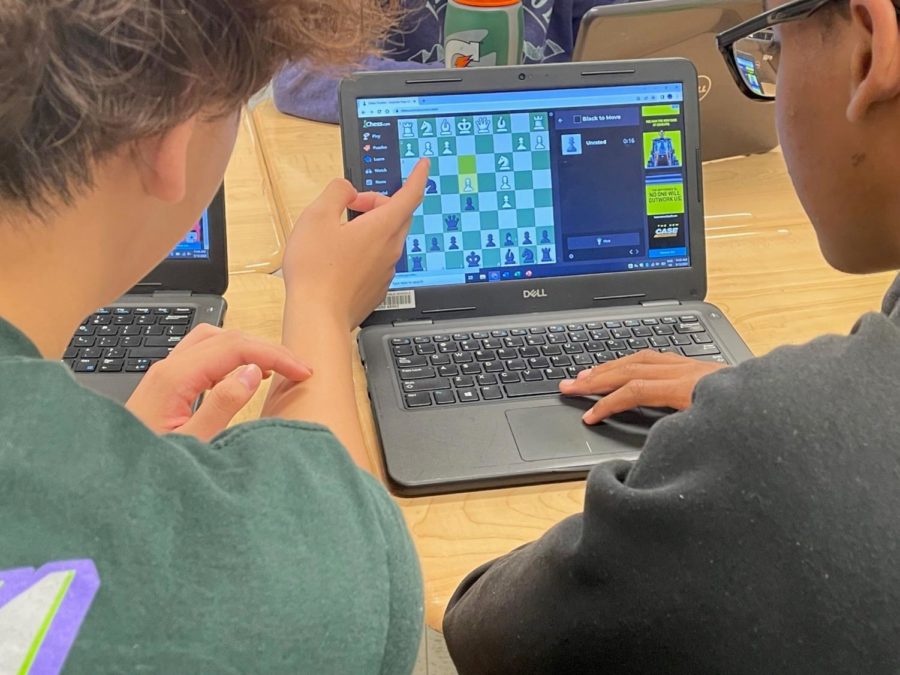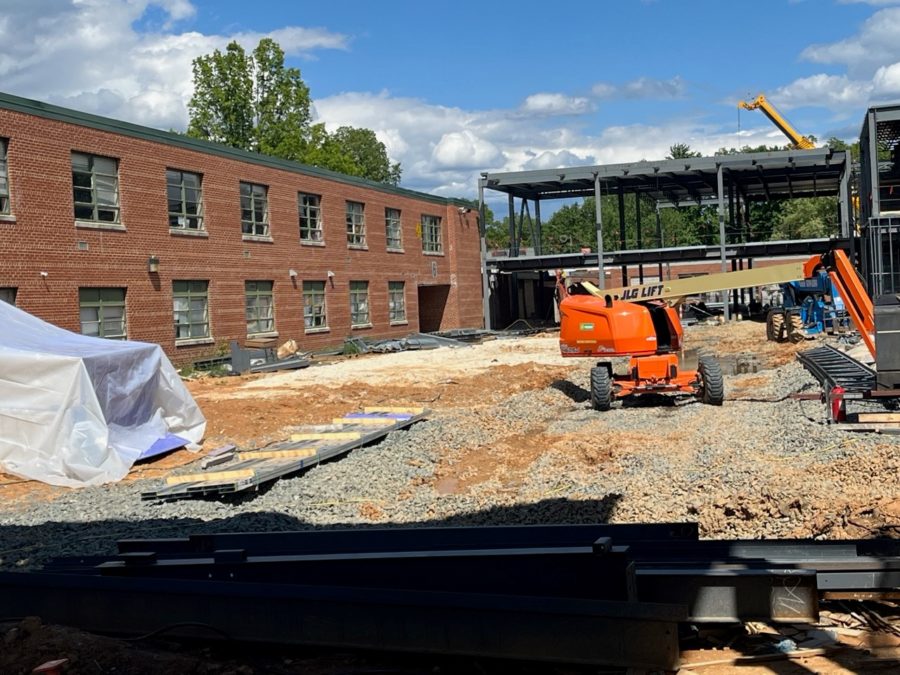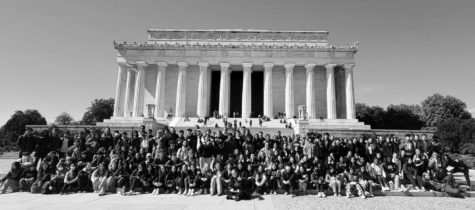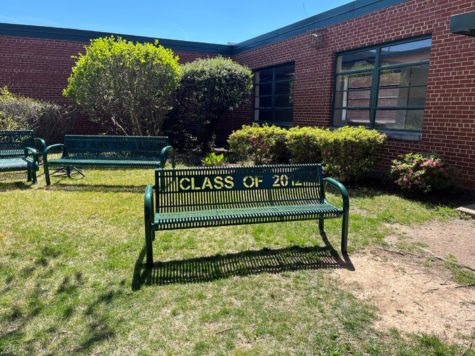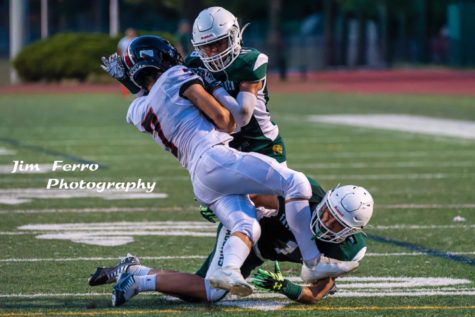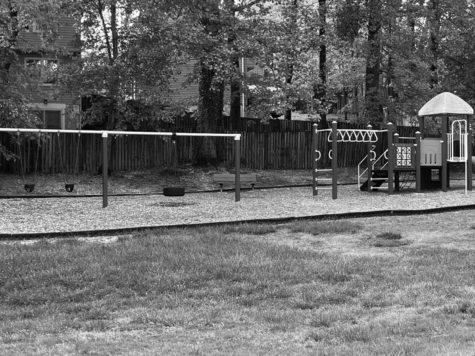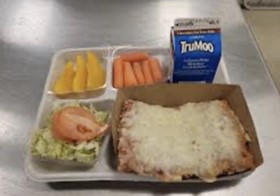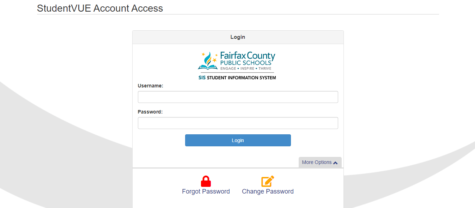Opinion: Back-to-School Plan has High Risk with Little Reward
November 20, 2020
January 26th: the day when those who have chosen in-person learning can return to school, for two days a week. This date stands as an entrancing beacon of normalcy on the horizon for some, seeming to represent the end of the worldwide crisis that has hindered so many aspects of our lives.
But in the wake of optimism, there must always be scrutiny; despite students’ hopes, the reality is that the coronavirus continues to ravage our country, and sacrificing safety for a pale imitation of in-person student life is not a trade-off we should make.
Cases of the coronavirus in the United States have recently hit a record high of 100,000 per day according to a statistic by the Washington Post in early November, yet an interesting dilemma has risen among students about what we should do as responsible people and what we want to do as irresponsible teenagers. However, with regard to health and safety, this should be a position taken without reservation:
Ultimately, we cannot value our social cravings over the safety of the public, a sentiment held by many students, one of whom shared their perspective on the condition of anonymity. “The coronavirus won’t even get better until a vaccine is developed and distributed,” said one senior. “So waiting till January without one won’t change the fact that it’s endangering students and faculty.”
And if we do return, remaining six feet apart with a mask for 7 hours would be rightfully enforced. We would likely face punishment for talking to friends in the gym lobby, and cracking jokes in close proximity in classrooms, for walking with students in hallways, and stealing fries from peers at lunch. Fairfax County is only enforcing what is necessary, and what is necessary is ensuring the health and safety of the community for the foreseeable future—it is not worth putting the well-being of so many people in jeopardy for what will be ultimately disappointing.
We all want to go back. We’re no longer ashamed of admitting it. But we cannot fill our classrooms if it means that by negligence, we fill our hospitals. Our halls should remain empty tomorrow, so they won’t have to be next year.

